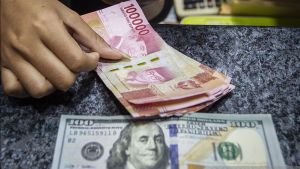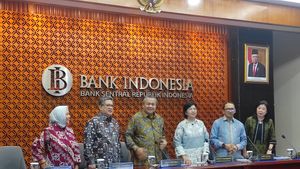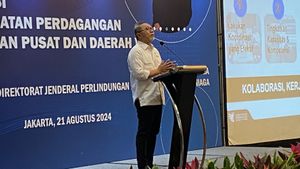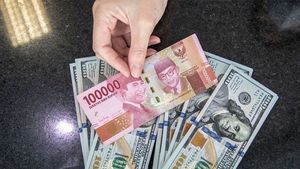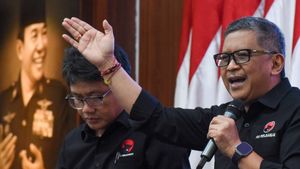Senior Economist Faisal Basri stated that the debt financing carried out in the era of President Joko Widodo (Jokowi) leadership was mainly not for infrastructure development.
This is reflected in the lower growth in capital expenditures compared to goods expenditures and payment of government debt installments in the last 10 years.
Faisal explained, in the last 10 years, government capital expenditures, which contained an infrastructure development budget, only grew 130 percent from IDR 147.3 trillion in 2014 to IDR 338.9 trillion in 2024.
Meanwhile, government goods spending grew by 147.4 percent from IDR 176.6 trillion in 2014 to IDR 436.9 trillion for this year.
Even higher growth was recorded by installment spending and interest on government debt, which amounted to 273.9 percent from Rp133.4 trillion in 2014 to Rp499 trillion in 2024.
"The capital expenditure is relatively small. In the past, in the days of Mr. Darmin Nasution (Menko Perekonomian 2015-2019) when we talked about debt, if we don't debt, infrastructure is not built. The debt is not for infrastructure, but for others," said Faisal on the agenda of 'Raviu RAPBN 2025 Insists on Debt!' in Jakarta, Wednesday, August 21.
He also highlighted the low growth of the government's social assistance budget during the decade of Jokowi's leadership.
It was recorded that the social assistance budget ceiling for the last 10 years only grew 56.6 percent, from Rp97.9 trillion in 2014 to Rp153.3 trillion in 2024.
SEE ALSO:
"So, if there is an increase in other (shopping budgets), the social expenditures will be cut first," said Faisal.
According to Faisal, the slowdown in spending growth, which is felt directly by the community, such as capital expenditures and social assistance, cannot be separated from the increasing position of government debt. Thus, the interest burden and installments in the government budget are getting bigger.
To date, the portion of interest spending and debt installments has reached 20.3 percent of the total government spending ceiling. This figure has almost doubled from the position in 2014, which was 11.1 percent.
"The fiscal room is getting narrower, for others, yes, nothing," he said.
The English, Chinese, Japanese, Arabic, and French versions are automatically generated by the AI. So there may still be inaccuracies in translating, please always see Indonesian as our main language. (system supported by DigitalSiber.id)



